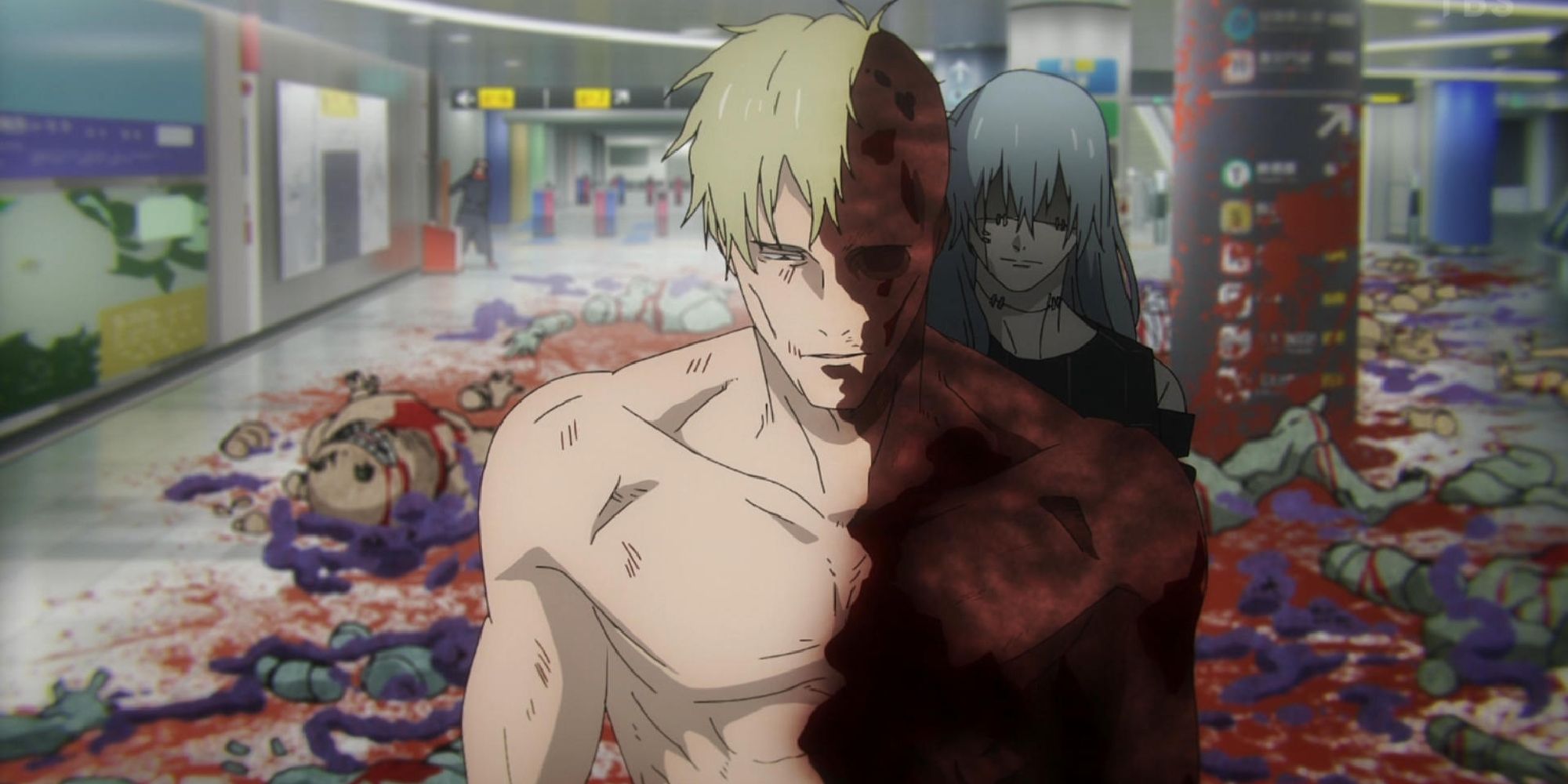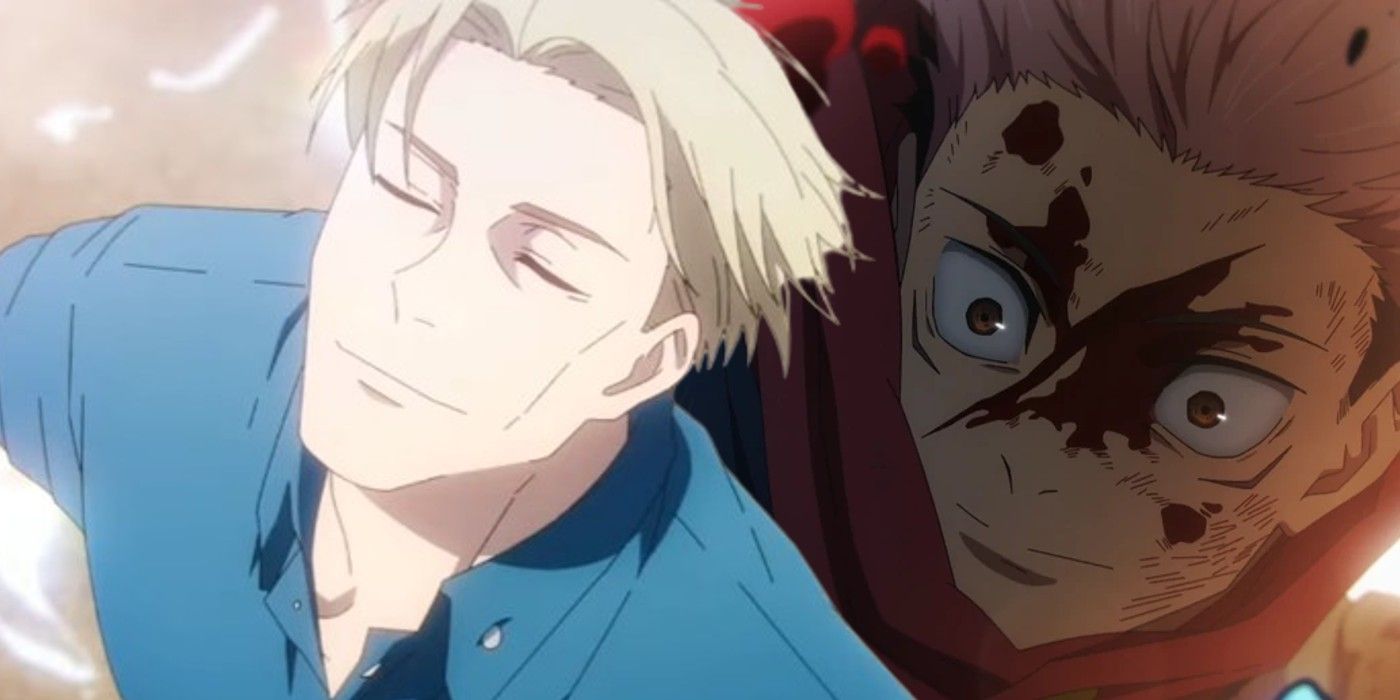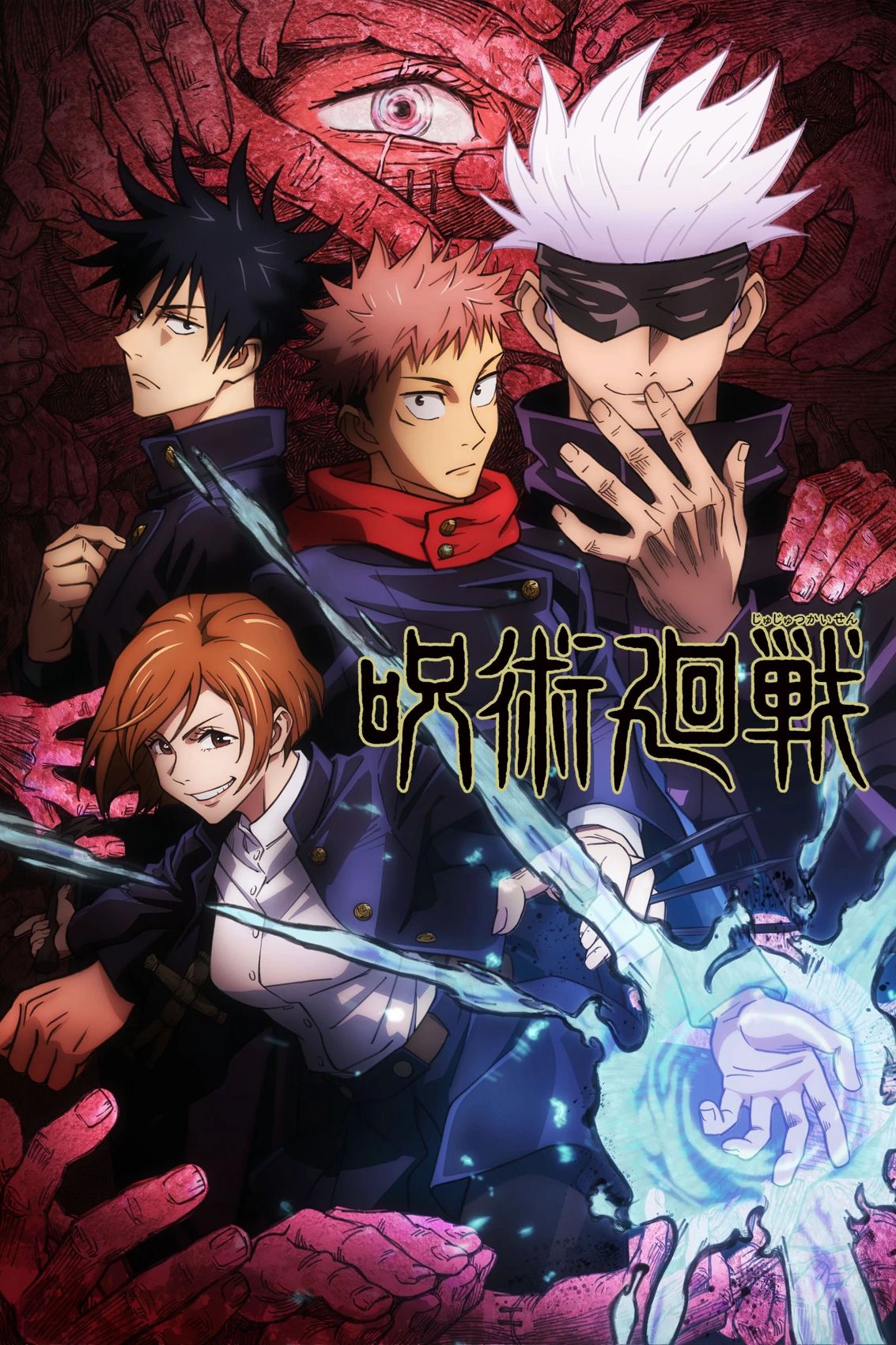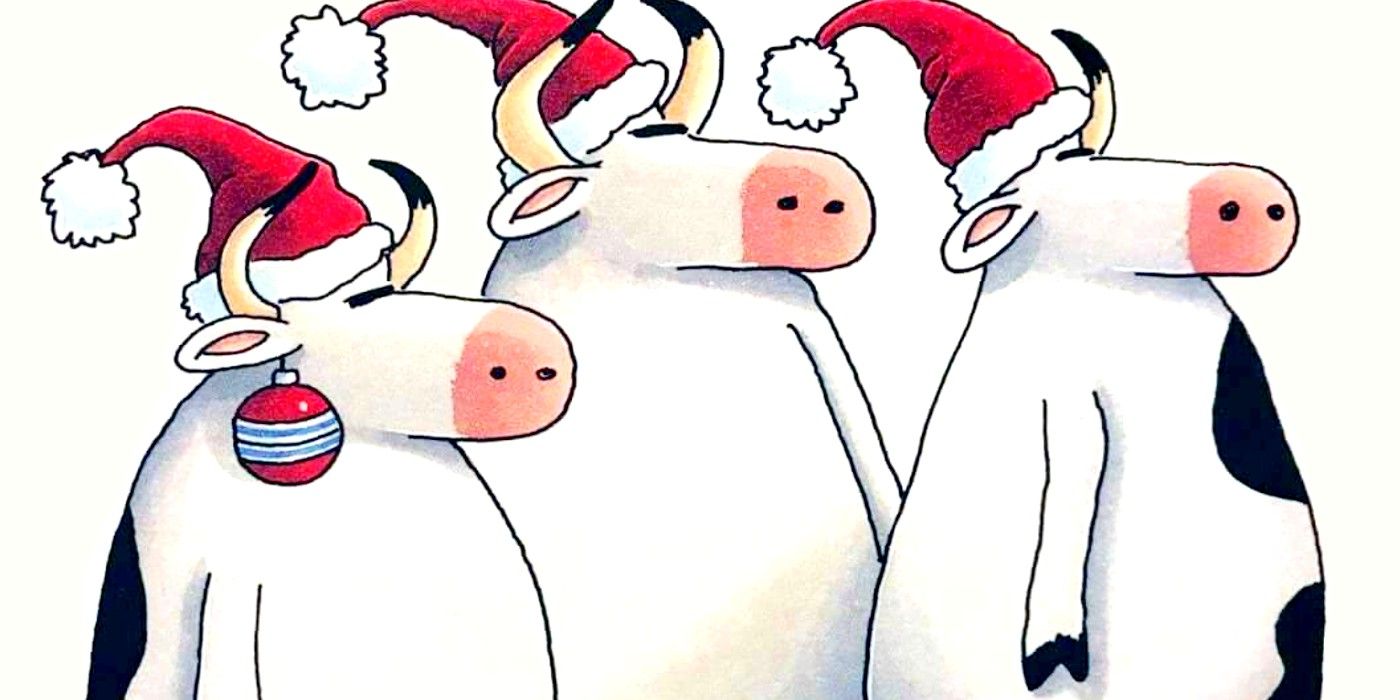Jujutsu Kaisen's most heart-shattering moment is, ironically, also its best, solidifying the series as an emotionally profound piece of anime history. In season 2, episode 42, jujutsu sorcerer, Nanami Kento, meets his demise, burned half to death by the Disaster Curse, Jogo, and finished off by Mahito's transfiguration.
His death was unexpected and tragic, but also deeply symbolic, as he sacrificed his own life to save Megumi and the other younger sorcerers. Nanami's final scene was a perfect send-off for his character, and although definitely tear-jerking, it completed his character arc well and proved Jujutsu Kaisen to be a true anime classic.
Nanami's Death Is The Moment Jujutsu Kaisen Cemented Itself As A Classic
Nanami’s Selfless Sacrifice Was the Culmination of His Transformative Character Arc
Jujutsu Kaisen is no stranger to death, killing sorcerers and villains alike in brutal battles. Few deaths were as meaningful and emotional as Nanami's, encompassing just how greatly his character had grown and changed by that moment. Nanami was established early on as a character who hated overworking himself and preferred to stick solely to his contracted hours. He left the corporate world because he felt unfulfilled and like his job was unimportant, but even after becoming a jujutsu sorcerer, he still was not a fan of overexerting himself past the point he deemed was necessary to complete a task.
Nanami did not run from his own death in fear, though he embraced the sacrifice he had to make. The agonizing scenes of his body being burnt and torn apart were juxtaposed against his own peaceful fantasy, as he imagined himself on a gorgeous Malaysian beach, the place he was planning on heading to retire once he grew older. Miraculously, Nanami did not mourn or fret over his own demise, he accepted it gracefully and even found joy in his own daydream during his darkest circumstances. He proved himself a true hero, who would risk anything to protect others.
Nanami's Monologue Shows Jujutsu Kaisen's Thematic Depth

In the Shibuya Incident arc, Nanami uttered the distressing question, "I've done enough, haven't I?" Despite the fact that Nanami clearly had done enough, for both humanity as a whole and his fellow jujutsu sorcerers, he did not waver or even consider giving up, since he knew his comrades' and humanity's lives were on the line. Nanami's sense of duty and heroism overpowered his desire to avoid unnecessary exertion, pushing him to fight until his body gave out. The Nanami pictured in this scene is a far cry from the Nanami of earlier seasons, exhibiting the beauty of Jujutsu Kaisen's character development.

Related
Jujutsu Kaisen Proves a Dead Hero's Impact With One Touching Scene
Jujutsu Kaisen just proved that Nanami still has a major impact on the series despite his death occurring a long time ago in the Shibuya Incident.
Nanami changed from someone who refused to do extra work to someone who would give up his own life to save another's, which was a staggering transformation. His death was saddening, but one of the best Jujutsu Kaisen scenes because of how respectfully it was handled and the symbolism it held. Nanami had "done enough," but chose to be a hero anyway. Although he was unable to achieve his dream of going to Malaysia, Nanami fulfilled the fantasy in his mind and finally achieved well-deserved peace even as he died. Truly no other Jujutsu Kaisen scene is quite as symbolic and poignant.

Jujutsu Kaisen is a supernatural action anime that follows high school student Yuuji Itadori as he battles against magical curses. After Yuji selflessly saves a classmate by taking a curse into his own body, he is discovered and trained by a powerful sorcerer named Satoru Gojo. Gojo, who also happens to be a faculty member at a high school, enrolls Yuji there to help him and other students prepare themselves against the supernatural forces that plague humanity.
Cast Junya Enoki , Yuma Uchida , Yuichi Nakamura , Adam McArthur , Asami Seto
Release Date October 3, 2020
Seasons 1
Writers Hiroshi Seko
Directors Sunghoo Park , Shōta Goshozono









 English (US) ·
English (US) ·